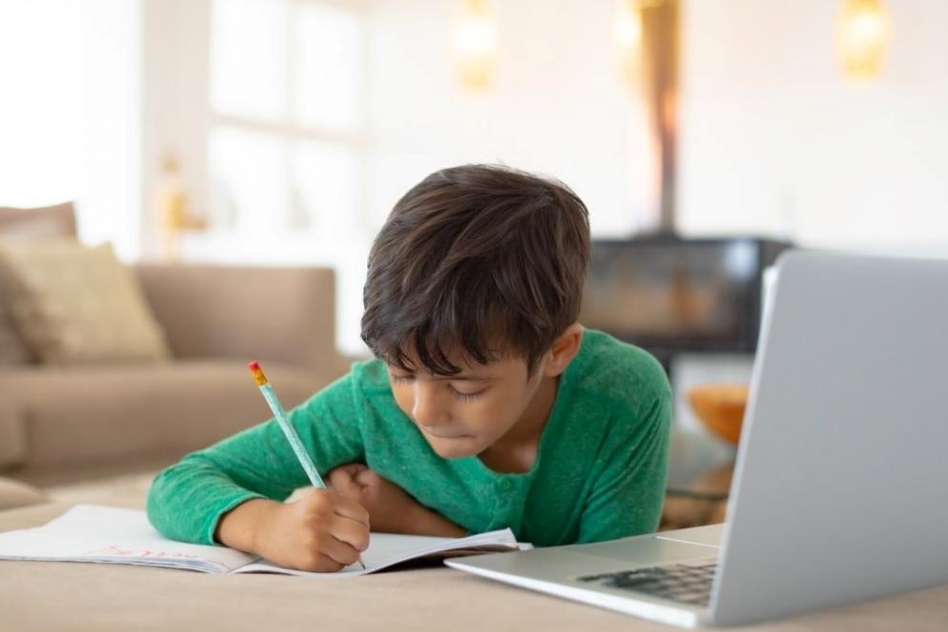In response to school closures caused by COVID-19, UNESCO recommends the use of distance learning to limit the disruption of education.
However, with 50% of the student population that are currently out of the classroom having no access to a computer, and, more than 40% of them without internet access at home, the pandemic reinforces inequalities, and threatens the learning continuity, at a time of unprecedented educational disruption. The teachers’ struggle with the rapid transition to online learning, even in developed countries, should not go unnoticed.
The article points out that other alternatives that should be applied, especially by low-income countries, where the numbers of unprivileged children and youth can reach 80% to 90%. Such alternatives include the use of traditional media such as community radio and television broadcasts, as well as low-tech or no-tech creative alternatives.
In response to the COVID-19 crises, UNESCO has been holding weekly webinars on the educational dimension of the pandemic, while a Global Coalition was launched to develop solutions to make digital learning more inclusive.
